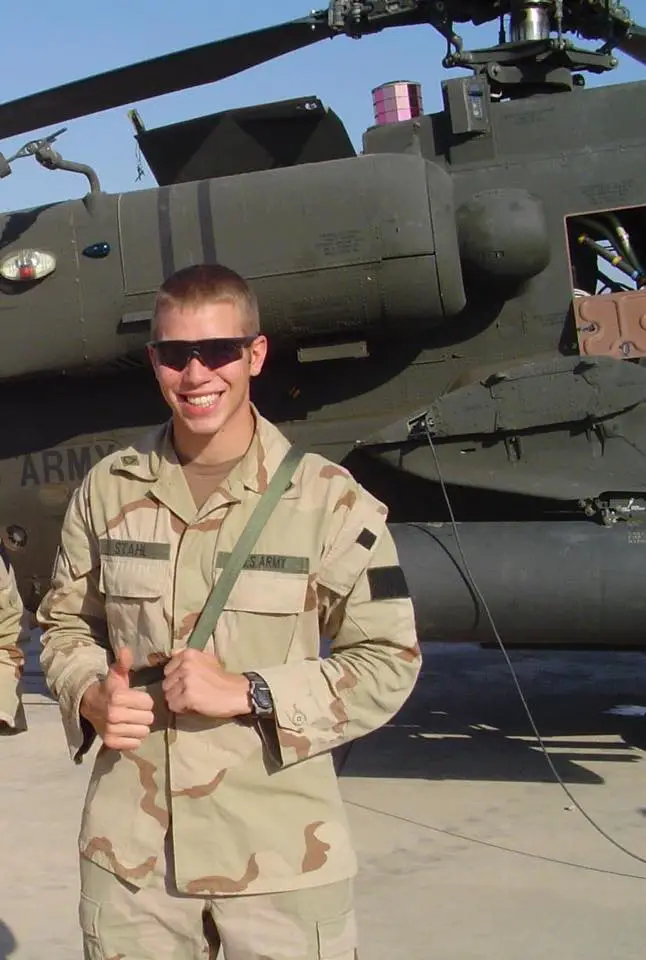When former President George W. Bush declared in his famous “War on Terror” speech, in 2001, that the U.S. would be entering into the Afghanistan War, few people could have predicted that today, more than sixteen years later, the two countries would still be locked in an armed engagement. Since 2001, the U.S. government has spent roughly $2 trillion to support the ongoing war effort, while 20,289 American troops have been wounded and 2,403 have been killed in action.
As long as there have been wars, though, there have been means to protest them. In the 1960s, rallies, boycotts and protests were the main forms of vocal condemnation, all of which are still viable options today. In addition to traditional methods, social media allows critics of the military engagement to vocalize their criticisms from wherever they are, as often as they’d like. While couch criticism is far from the solution to the quagmire of U.S.-Afghani relations, it certainly constitutes a part of the answer. Plus, in addition to using social media to pan the war effort, users on Facebook, Twitter and Instagram can also use their platforms to express gratitude to those who served and commemorate the lives of those who died.
So, here are three ways you can use social media to condemn the war and support the soldiers.
Founded in 2013, the Afghanistan War page on Facebook showcases posts from and about veterans currently serving in the war. By featuring posts of fallen soldiers, such as the one on PFC Nathan E. Stahl, who was killed in action while supporting Operation Iraqi Freedom on September 21, 2015, the page allows viewers to recognize the individuals, as opposed to the collective death count, who have died to protect America’s freedom and liberty.

While posts dedicated to fallen soldiers compose a large part of the group, group members and the public do not shy away from posting pictures of soldiers wielding rifles, which, while it does perpetuate the image of the stoic, disciplined soldier, also reminds viewers of the violence of war and the encounters with violence that soldiers must confront daily.
In American society, which both valorizes these men and women and relishes bloodshed on television, these soldiers have a greater chance of bumping into violence than those on American soil do. So, it’s important that Americans reflect on the privilege of being able to view violence and then have the option of going back to their “normal” lives, whereas American troops have to use violence, at times, when peaceful means are no longer options.
From the comfort of dormitory rooms or even your parents’ basement, you can tweet about controversial aspects about the Afghanistan War. Similar to Facebook, a Twitter handle, titled “afghanistanwar,” dedicates tweets to the war fallen.
Unlike the more straight-laced handle, the hashtag “afghanistanwar” presents a myriad of controversial posts, political cartoons and tweets about the cost of war. Like other social networks, Twitter levels the political playing field, as anyone can sign up and share a brief opinion on a controversial topic. So, if you use the hashtag, be prepared to subject yourself to inflammatory subtweets and heated dialogues.
One Twitter user, “Shilowilson,” posted a picture that read: “If you export armaments, don’t complain about importing refugees.” In other words, those who support sending troops overseas and continuing the war effort should not complain about Afghani refugees fleeing their nation because of its unsafe conditions. The tweet is one example, of many, that reflects the variety of opinions, criticisms and praises you’ll find nested under the hashtag.
Another telling political cartoon comes from “Pamela_O_Plays” who posted a picture depicting a couple coming out of a theatre, where the movie of the night is “Vietnam II: The Afghanistan Story.” The woman says to her husband, “We’ve seen this bad movie before…why do we keep coming back?” According to Natasha Bertrand and Daniel Brown, contributors for Business Insider, the war in Afghanistan is the longest war in U.S. history and, as the meme suggests, shares parallels with the Vietnam War in that the reason for its continuation is becoming nonsensical.
#VietnamWar II
The #AfghanistanWar Story
End Now America's Longest Running War pic.twitter.com/haeNdjLue4— 🌊💙Woman Veteran ☮️ #VeteransResistanceSquadron (@Pamela_O_Plays) November 6, 2017
Instagram users have posted a variety of Afghanistan War photos and videos, ranging from patriotic ones to those expressing military bravado. If you enter in the hashtag afghanistanwar, you’ll see an eye-opening meme, from thefreethoughtproject, of a pregnant women and an American soldier.
The text is revealing: “In two years, the kids who were born while their fathers were fighting in Afghanistan will be old enough to fight in the same war as their father. Let that sink in for a moment.” Since the Afghanistan War has been going on for sixteen years, in two short years, if the war continues, these children can serve in the same war as their fathers.
A photo from i_am_norris, with the caption: “Proud to be one of those who sacrificed…and made it back #afghanistanwar #veteran,” shows an American war veteran taking a selfie in his car. Photos such as these show the individuals who make up the American military and remind viewers of the faces that go into danger each day so that citizens can go about their lives in safety.
At the end of the day, it’s important to remember that what you post online does have an effect. American troops and Americans back home should continue to post about the Afghanistan War because it gives them an individuality that they often lose in action. While the camaraderie that these men and women build with each other through training and service is inimitable, it still helps for civilians to support their soldiers and criticize the conflict. Hopefully one day soon this “bad movie” will finally have a good ending—bringing these American men and women back home to their families alive and well.









